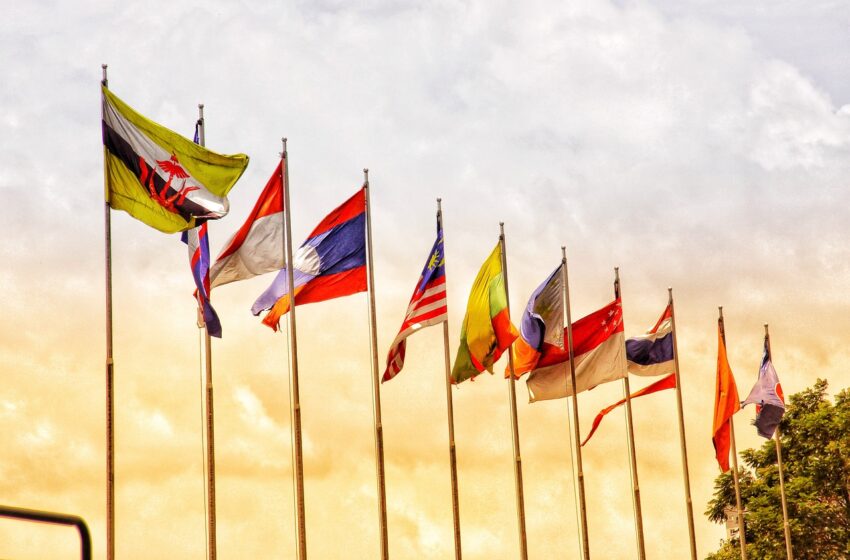Economic Empowerment in Southeast Asia: Leaders Charting a Proxy-Independent Course

The geopolitical landscape in Southeast Asia is undergoing significant shifts, with leaders expressing their commitment to stability, non-alignment, and addressing various challenges. Indonesian President Joko Widodo, assuming the ASEAN chair, is resolute in preventing the region from becoming a battleground in a new Cold War. He underscores a firm commitment to non-alignment, steering clear of proxy roles that could disrupt regional harmony.
President Joko Widodo, in emphasising ASEAN’s commitment, highlights the values of dignity, human rights, and democracy. However, the region faces challenges, notably the military takeover in Myanmar and human rights concerns in Cambodia. These issues pose significant hurdles to the pursuit of ASEAN’s goals and principles.
In the face of China’s assertiveness in the Asia-Pacific, the United States responds assertively, leading to escalating tensions. The strategic importance of the region is evident as the U.S. conducts naval exercises with Quad partners – Australia, India, and Japan – near Taiwan during the ASEAN leaders’ meeting in Phnom Penh. This geopolitical manoeuvring creates a complex landscape that requires careful navigation to maintain stability.
China’s demonstration of military strength further complicates the situation. Deploying 36 jets near Taiwan and breaching the Taiwan Strait’s median line heightened tensions. President Xi Jinping’s frequent deployment of fighter planes and missile launches intensifies intimidation. The East Asia Summit became a platform for President Biden to stress the imperative of peaceful dispute resolution and respect for navigation rights, signalling the U.S.’s commitment to regional stability.
President Biden’s commitment extends to robust competition with China, emphasising open communication to prevent conflicts. The importance of peace in the Taiwan Strait becomes a focal point, setting the tone for a crucial meeting with Xi Jinping at the G20 summit. Concurrently, Japan’s Prime Minister Fumio Kishida voices concerns over China’s actions in the East and South China Seas, advocating for peaceful resolutions.
Cambodian leader Hun Sen, at the East Asia Summit, calls for unity amid global tensions. He champions a unified, open, and inclusive approach, emphasising multilateralism and pragmatic collaboration among leaders. Recognizing impediments, Hun Sen underscores the necessity for strategic solutions in sustainable development.
Li Keqiang, addressing ASEAN, China, Japan, and South Korea, acknowledges global security challenges. He highlights the surge of unilateralism, protectionism, and escalating economic risks. Emphasising the role of East Asian economies, Li Keqiang stresses their commitment to promoting peace, stability, development, and prosperity.
President Biden, in discussions with Hun Sen, raises human rights concerns in Cambodia. He urges the authoritarian leader to reopen civic and political space before the 2023 elections, demonstrating a commitment to democratic principles. Concerns extend to activists, including Theary Seng, with Biden advocating for their release. Transparency regarding activities at Ream Naval Base is also emphasised.
The situation in Myanmar remains a significant focal point. Biden stresses the U.S.’s commitment to restoring democracy, expressing concern over the military overthrow and the arrest of Aung San Suu Kyi. Meanwhile, ASEAN faces challenges in persuading Myanmar to implement its five-point peace plan. The group has taken a strong stance by barring Myanmar’s leaders from participating in top-level events, reinforcing their commitment to principles and values.
ASEAN’s plan for Myanmar includes an immediate cessation of violence, dialogue among all parties, ASEAN envoy mediation, provision of humanitarian aid, and a visit by the envoy to Myanmar. However, implementation progress remains limited, reflecting the complexities of the situation.






